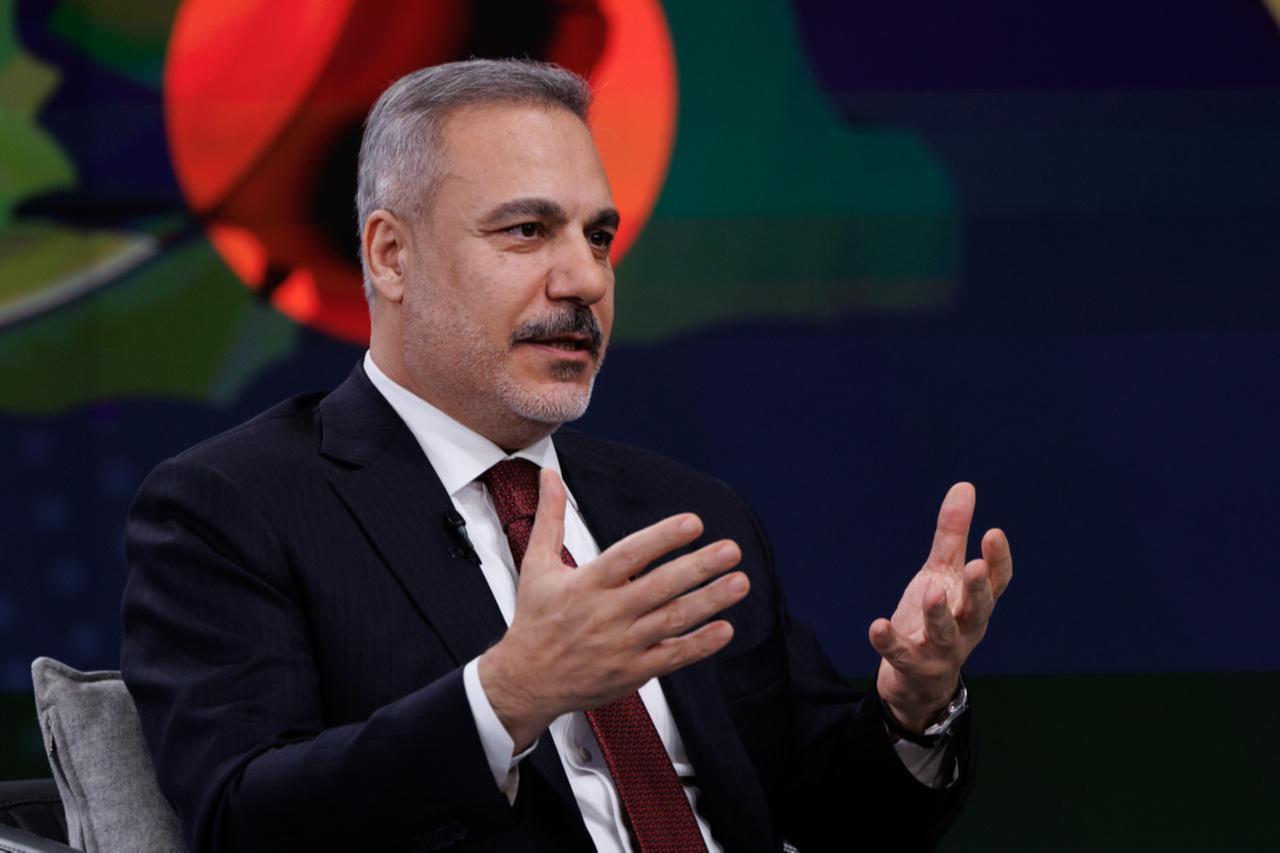
Foreign Minister Hakan Fidan criticized the European Union’s visa policies during Türkiye’s budget discussions in Parliament on Wednesday.
He said current practices stem from Europe’s internal political climate rather than technical criteria, and he accused EU governments of applying “unspoken, concealed measures” instead of addressing the issue openly.
Fidan spoke at the Turkish Parliament's Plan and Budget Commission, which reviewed the 2026 budget for the Foreign Ministry and its related institutions.
Lawmakers questioned him about long delays, rising refusal rates and complaints from students, businesspeople and frequent travelers.
He said the EU links its visa restrictions to concerns about migration and the political pressure created by the rise of the far right. In his words, European governments avoid stating the motive directly and rely on policies that function as indirect barriers.
According to him, Schengen rules work through a single, coordinated structure. “There is only one gate when it comes to visas and that is the EU gate. All 27 countries follow the same database, the same criteria and the same control mechanisms. They do not act on their own initiative,” he said.
He added that European governments think young Turkish citizens may remain in Europe if they receive long-term or multiple-entry visas. “They think your young people will remain there if they go,” he said. “Because Europeans describe themselves as modern, they cannot say ‘I do not want Muslims’. Instead, they introduce concealed practices that they do not name.”
Fidan said Türkiye and Europe maintain strong social, academic and commercial mobility, and he argued that visa liberalization is the stage the relationship should have reached. “This movement can only continue with visa liberalisation. Europe knows this, but identity politics has pushed certain issues into suspension,” he said.
He told lawmakers that Turkish authorities identify irregularities in the field and bring them directly to European counterparts, but political hesitation inside Europe continues to slow progress.
Fidan also addressed the stalled accession talks between Türkiye and the EU. He said the political will to admit Türkiye froze in 2007 and has not returned.
“If the EU wanted Türkiye to join, there would be no obstacle that could not be reshaped. But they must first show the will,” he said. He argued that Europe does not want to admit a Muslim country.
“They established a clear will not to accept a Muslim state into their union,” he said, naming France as the actor that states this position most clearly and Germany as “silent”.
He added that Türkiye has its own shortcomings, but they do not explain the blockage. “Do we have mistakes? Yes. Can they be corrected? Easily. But that does not change the anomaly in our EU accession relationship.”
Lawmakers also raised questions about the European Court of Human Rights and Türkiye’s refusal to implement certain rulings, to which he responded by saying that this question belongs to the Justice Ministry.
Fidan added that Türkiye’s positions in Syria and the Eastern Mediterranean influenced European reactions in recent years, shaping the broader political climate around accession and visa policy.
He also commented on Türkiye’s relations with Armenia. He said normalization depends on a final peace agreement between Armenia and Azerbaijan. “When Azerbaijan and Armenia sign a final peace agreement, we will be ready to normalize (relations) with Armenia,” he said.
He responded to questions on the Zangezur Corridor by noting that the land in question lies inside Armenia. “The request comes from Azerbaijan. The link is between Nakhchivan and Azerbaijan. We act as facilitators between the parties,” he said.